Is It Possible to Eat a Jellyfish? Our Complete Guide
Advertisements
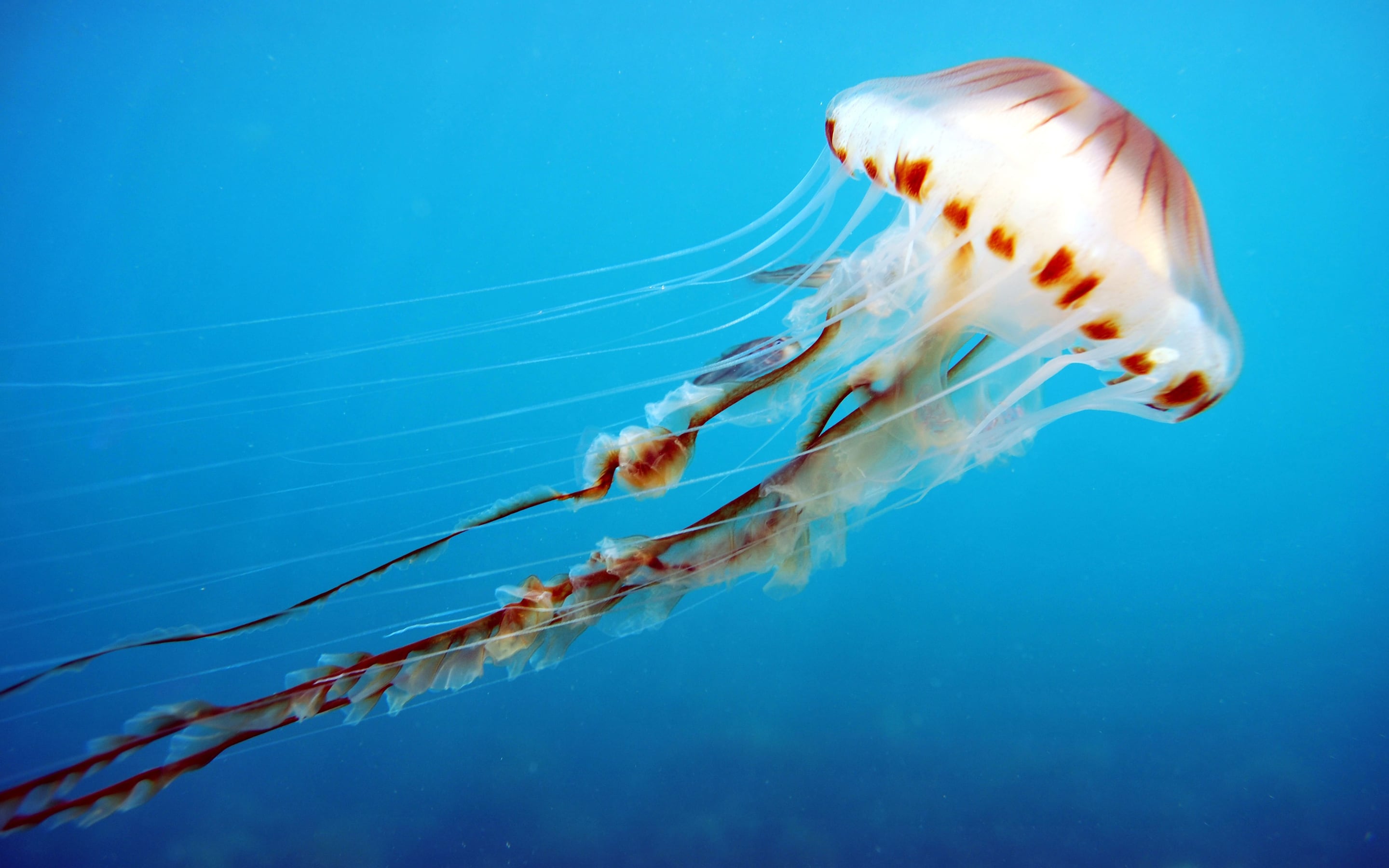
When you get right down to it, there are two kinds of eaters in the world. There are those who are very careful about everything they consume, treating their bodies as very strict temples. And then there are the rest of us, who can see almost anything and think “wait, could I possibly eat that?”
This is especially true when it comes to creatures that live in the ocean. Sure, you may throw down on things like oysters and shrimp. But have you ever been hanging on the beach and asked yourself whether you could eat a jellyfish or not?
Well, we have, and we decided to get some answers. Keep reading to learn everything you need to know about eating jellyfish!
Do people eat jellyfish?
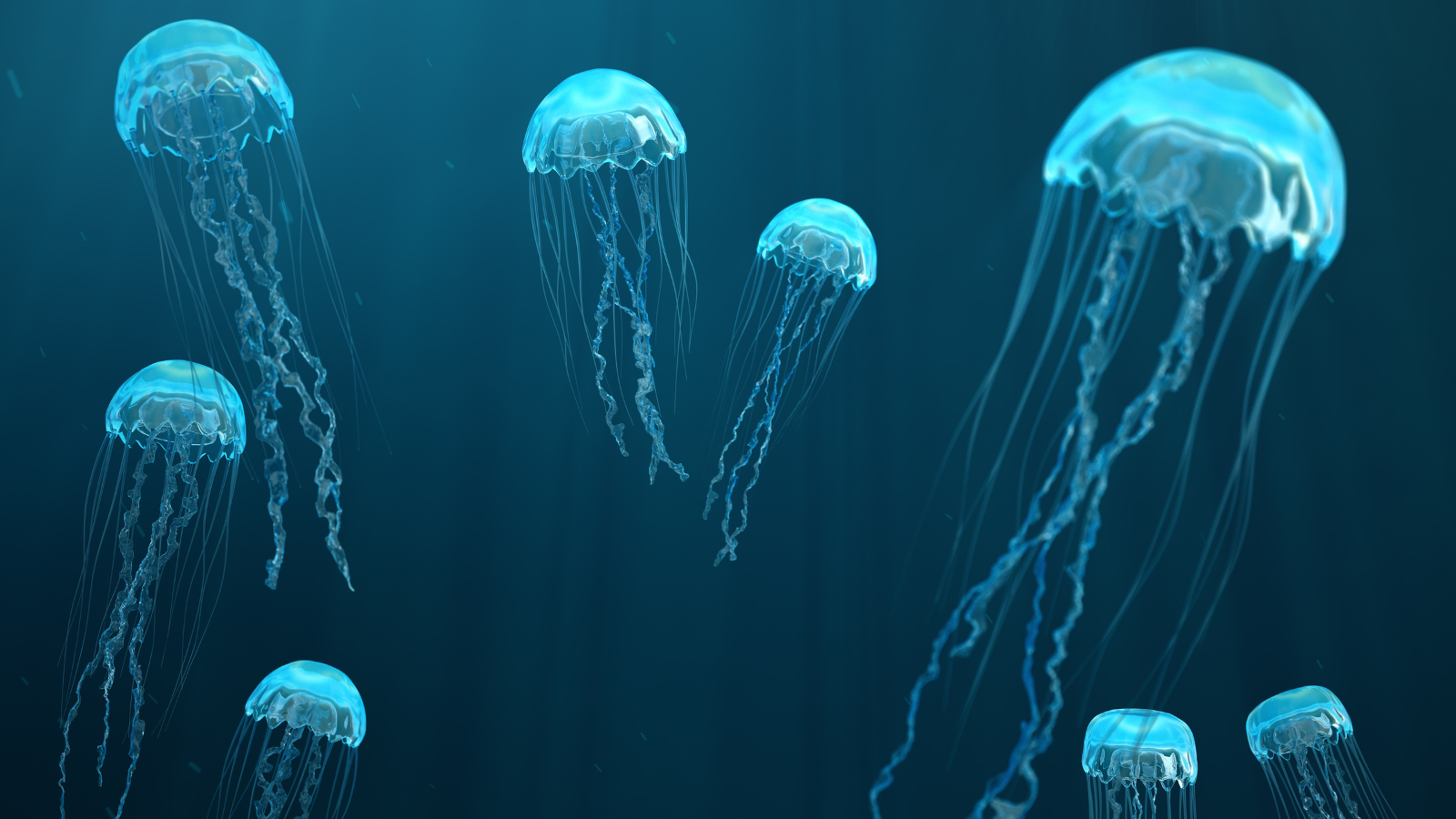
The short answer is yes: people around the world do eat jellyfish. It’s not very common, though, which is why you aren’t in any danger of seeing this stinging treat on the Red Lobster menu anytime soon.
That could change, though. Jellyfish are known as a yummy delicacy in China and Japan, and the trend is beginning to catch on in other places. As long as enough adventurous eaters want to check out the taste, jellyfish will continue to be consumed all over the world.
RELATED: 8 Things That Happen To Your Body When You Eat Salmon Every Day
Are jellyfish safe to eat, though?
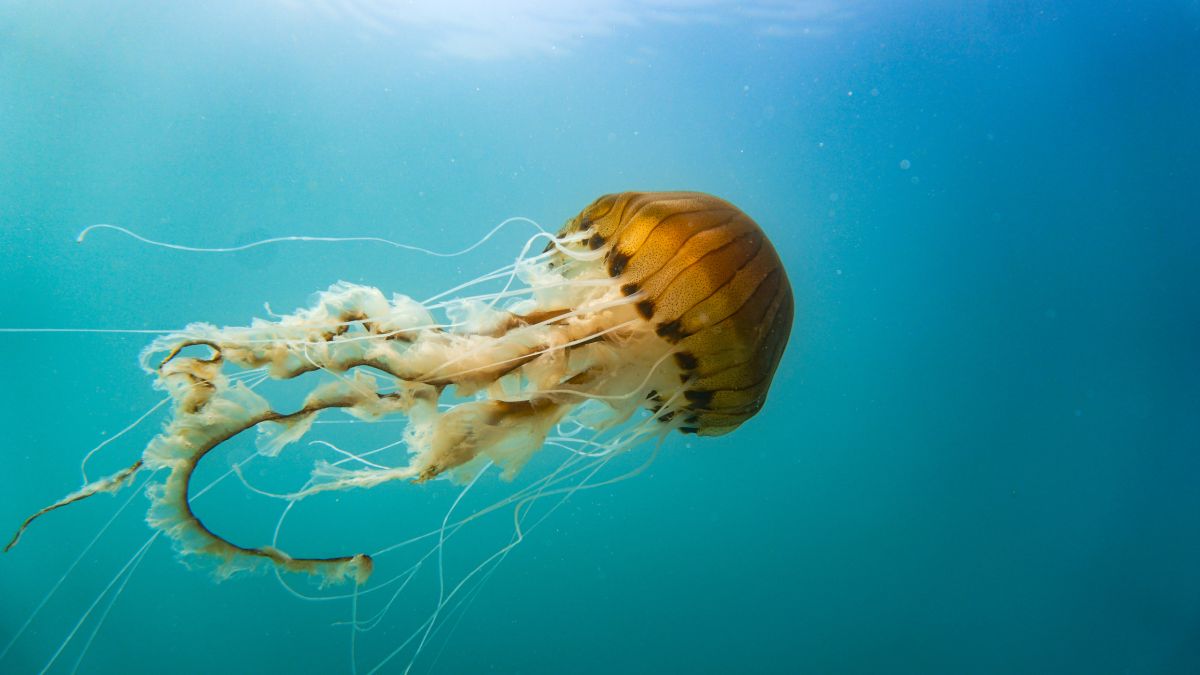
Sure, people may eat jellyfish, but there are also people who eat dangerous dishes like blowfish as well. That brings us back to perhaps the most important question: are jellyfish actually safe to eat?
The answer is both “yes” and “no.” The reason for this is simple: there are over 2,000 unique species of jellyfish in the world, but only 11 of them are safe for consumption. It probably goes without saying, but this is why you need to be extremely careful about eating one…only 0.006% of jellyfish species are actually safe to eat!
However, if you actually get to eat a jellyfish, you might be surprised at the health benefits. This unconventional dish is filled with antioxidants, protein, omega-3, iron, and more. Theoretically, regularly eating jellyfish could help you fight off cancer, diabetes, heart disease, and more, but most people won’t get that many chances to regularly dine on this exotic dish.
What do jellyfish actually taste like?

If you’re familiar with the old culinary joke, you might expect jellyfish to taste like chicken. That’s not the case, though. Generally speaking, jellyfish taste a bit salty, and some varieties have textural differences. For example, dried jellyfish are crunchy and fresh jellyfish are not.
Otherwise, the specific flavor really comes down to how the dish was prepared. As with all foods (seafood and otherwise), different dressings and seasonings can dramatically affect the flavor. And certain recipes (we have a few at the end of the article) may seriously change the taste.
RELATED: Jujubes: What This Chinese Superfood Does To Your Body
Do people eat jellyfish raw or cook them, first?
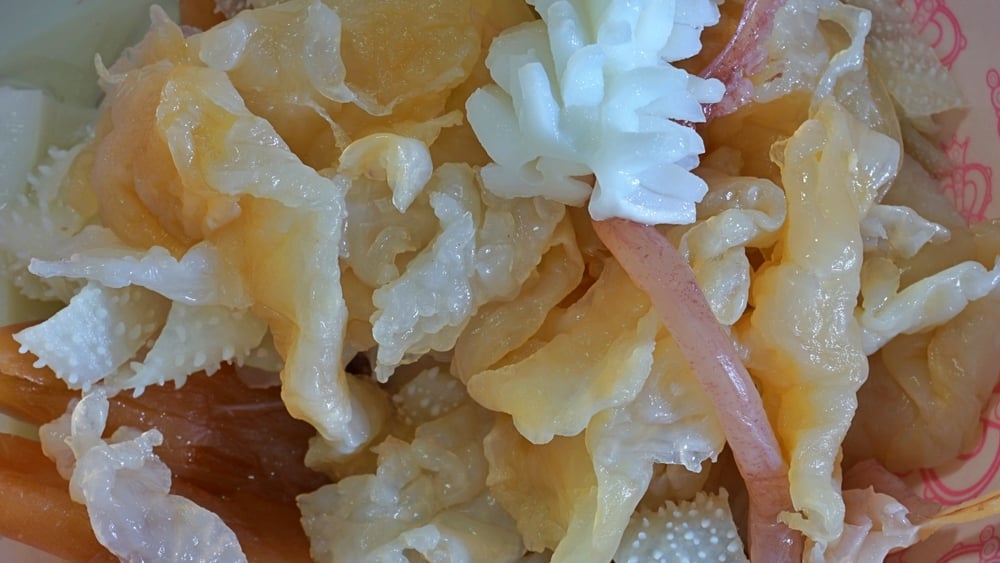
While it’s usually not our cup of tea, there are many dishes that people like to consume raw. The appeal of this is usually that the dish is fresh and full of nutrients, and there is a certain primal appeal to eating it as a caveman would. With that being said, can you actually eat a jellyfish raw?
We don’t really recommend it, but it’s possible to eat your jellyfish raw. One reason we don’t recommend it is that cooking the jellyfish provides more flavor, and the second reason is the potential safety issue. The average jellyfish can easily cause food poisoning if it is not properly cleaned, and if you’ve never eaten jellyfish before, it’s easy to make a cleaning mistake and end up sick.
How to cook jellyfish
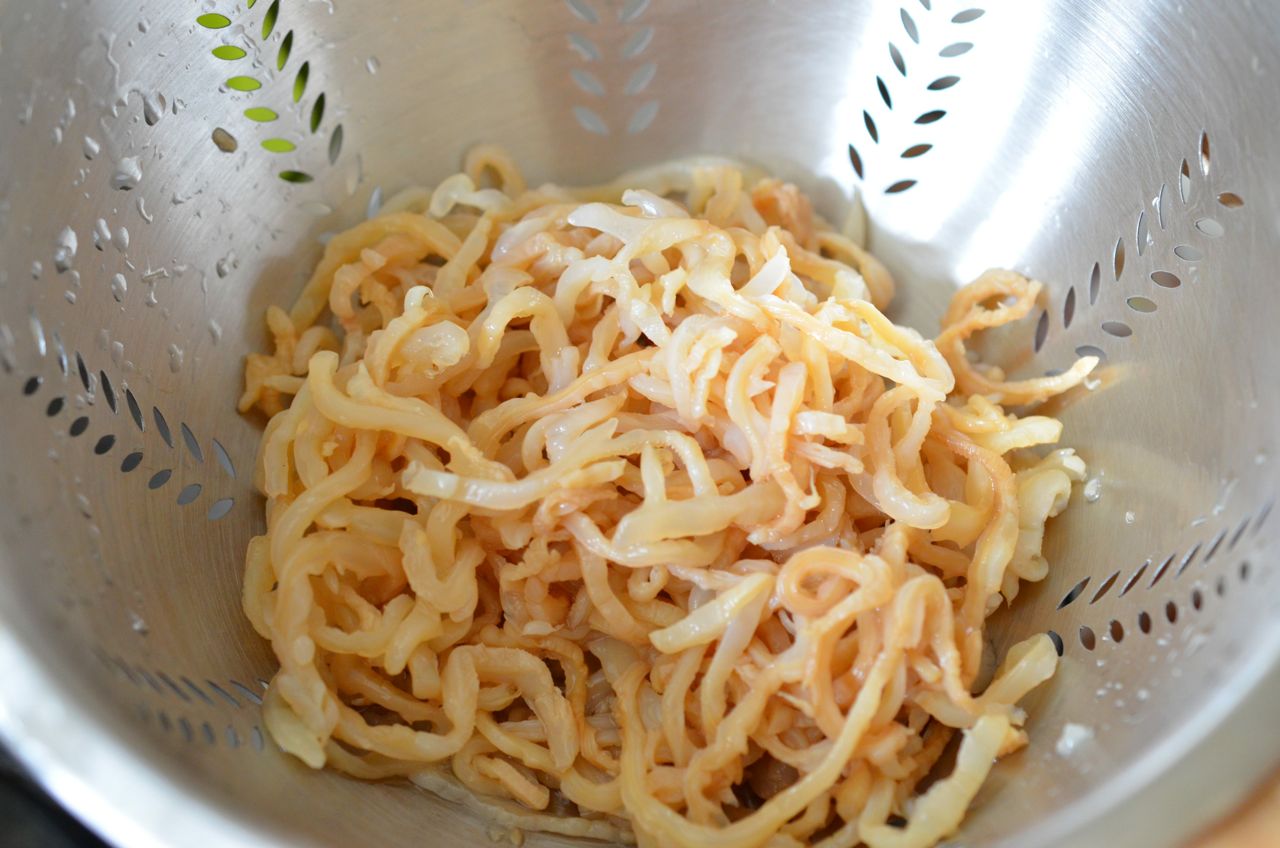
If you’re interested in cooking jellyfish, the good news is that you have plenty of options. First, you need to soak it in fresh water for at least three hours. This removes excess salt, and after that, your cooking options are nearly limitless.
As with most seafood, you can boil them or fry them (either shallow frying or our unhealthy favorite, deep frying). However you cook them, keep in mind that jellyfish don’t have a strong flavor on their own, so you’re going to want to use your favorite seasonings to marinate the fish to your flavor preferences.
RELATED: Can The One-Meal-A-Day Diet Really Help You Lose Weight?
What are the tastiest ways to prepare jellyfish?

Obviously, everyone has different preferences, and your jellyfish mileage may vary. But if you had to eat this exotic treat, we’d recommend doing so via a jellyfish salad. For example, combining jellyfish with sesame seeds, veggies, and spicy sesame sauce makes for a light and refreshing treat.
Alternatively, another type of jellyfish salad combines thinly-sliced strips of fish with spicy garlic mustard, artificial pears, crab meat, and more into a savory dish that you and your dinner guests won’t soon forget.
